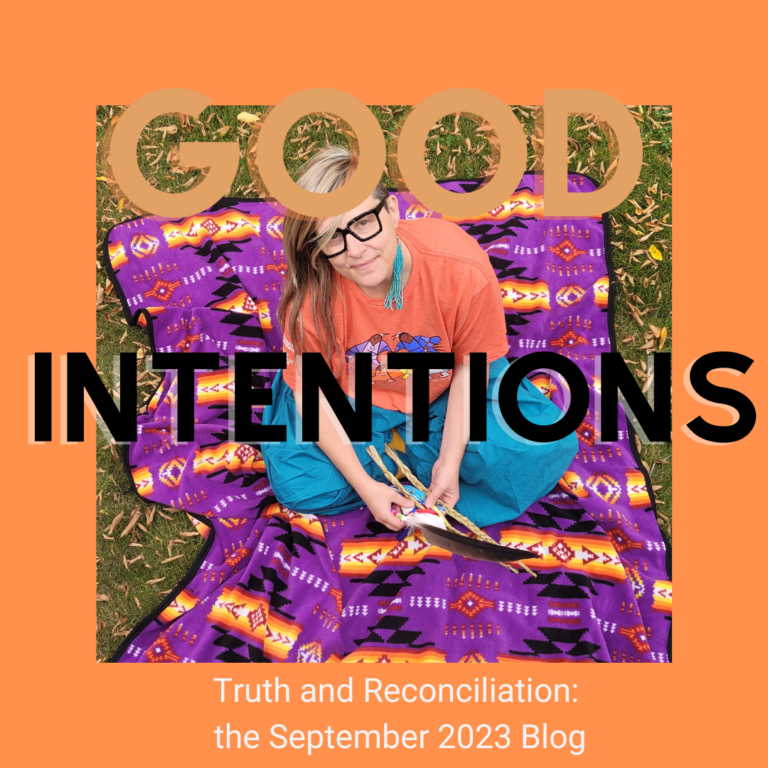
Similar Posts

Beyond Symbolism: Embracing Indigenous Law for Transformative Reconciliation in Canada
The resignation of CN Rail’s Indigenous advisory council, as highlighted in Shari Narine’s report, is more than a corporate failure; it is emblematic of a systemic issue in reconciliation efforts in Canada. This incident underscores a crucial need for a fundamental shift not only in attitudes and acknowledgments but also in concrete policy, mandate, and…
The Grandmother Perspective: Indigenizing Data
In recent years, the importance of disaggregated data in uncovering systemic racism and inequalities has become increasingly clear. This data, which provides sub-categories of information such as by ethnic group, gender, occupation, or educational status, can reveal important relationships and disparities that aggregated data may miss. However, collecting and using this data can also cause…

Good Intentions and Their Limits in the Quest for Truth and Reconciliation
The landscape of Truth and Reconciliation in Canada is often punctuated by ‘good intentions,’ that in practice, fail to accomplish the transformative change that is urgently needed. Symbolic gestures, limited engagements, and superficial policies are the most glaring manifestations of such failed intentions. The ephemeral nature of these efforts belies a lack of systemic commitment…
Decolonizing Pedagogy through the practise of ᑫᐁᐆᑲᔲᐣ keeoukaywin Visiting
During the Fall of 2022, I organized a series of kitchen table conversations, known as ᐱᒥᓇᐊᐧᓱᐃᐧᑲᒥᐠ piminawasowikamik, at the University of Alberta. These conversations were based on the concept of visiting with each other to gather information rather than Euro-centric methods of “gathering data” that are non-relational, not meaningful., and not respectful. The practice of…
Unsettling Indigenous Colonial Traditions of Hate and Harm
Indigenous cultures in pre-colonial times had a rich history of embracing diversity in gender and sexuality, including the recognition of individuals who embody both masculine and feminine traits and/or have a non-binary gender identity. These individuals are often referred to as “Two-Spirit.” In traditional Indigenous communities, Two-Spirit individuals were often revered for their unique spiritual…

Decolonizing Professional Responsibility in the Legal Profession: An Examination of Respect and Bravery from the Seven Grandfather Teachings
The legal profession, much like other institutional structures, is deeply interwoven with the legacies of colonialism, which have often led to the marginalization of Indigenous voices and perspectives. Recognizing this legacy is the first crucial step in the journey towards transformation—a journey that necessitates not a mere shift but a profound metamorphosis in our attitudes,…